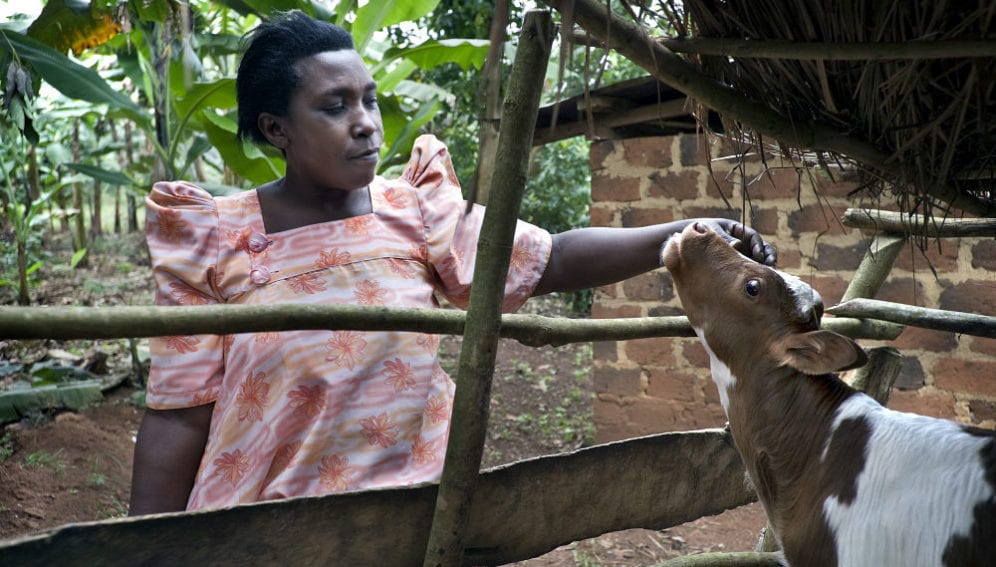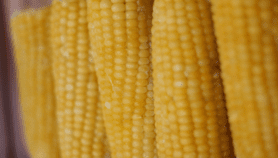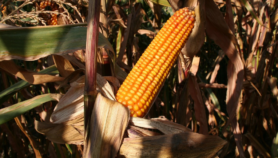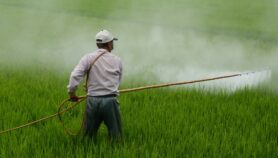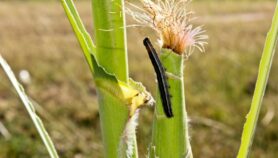By: Ochieng’ Ogodo
Send to a friend
The details you provide on this page will not be used to send unsolicited email, and will not be sold to a 3rd party. See privacy policy.
[ABIDJAN] Africa needs to invest more in agricultural research and stronger institutions for smallholder farmers to spur production, ensure food security and help achieve socioeconomic growth on the continent, an expert has told a forum.
The forum highlighted the need to build capacity of agriculture and agribusiness to increase sustainable rural development in Africa.
Kanayo Nwanze, the immediate past president of the International Fund for Agricultural Development, told the 7th African Green Revolution Forum in Cote d’Ivoire last week (4-8 September) that despite Africa having the largest uncultivated land, African agriculture still lags behind.
“Without research and stronger institutions, our efforts will not last long.”
Kanayo Nwanze
“Without research and stronger institutions, our efforts will not last long,” he said during the launch of the Africa agriculture status report 2017 at the forum held under the auspices of the Kenya-headquartered Alliance for a Green Revolution in Africa.
The report, among others, calls for helping smallholder farmers acquire knowledge and skills to become successful business entrepreneurs, especially women and young farmers.
“To seize new opportunities, Africa’s smallholder farmers need … access to improved technologies and natural resource management practices, knowledge, modern inputs such as seeds, fertilisers and machinery,” the report recommends. “Africa needs agricultural revolution today as an engine of growth for its agricultural and rural transformation, to meet its future needs, and to reduce poverty.”
According to Nwanze, African farmers are not using modern technologies. For instance, farmers on the continent are using on average 13 kilograms of fertiliser a hectare of land while in Asia it is 56 kilograms per hectare and in Latin America it is between 90 and 120 kilograms.
“In spite of the richness of African waterways, irrigation is only about five to six per cent of Africa’s farmed lands,” he added, citing up to 60 per cent gap in productivity of Africa’s cultivated agricultural lands.
“We are looking at poor farmers as those in need of handouts. But small-scale producers are looking for economic opportunities and becoming independent as the rest of the people. They need facilitation to grow their businesses,” he said.
According to the report, Africa spends close to US$35 billion annually to import food, and that it could rise to US$110 billion by 2025 if the continent fails to improve agribusinesses and the agricultural sector.
Peter Hazzel, a co-author of the report, said that climate change is become a big problem for farmers given the many shocks that it brings to bear upon the agricultural value chain.“When you get major shocks like drought, a lot of people get affected along the value chain and it is not just important to make farms more resilient but the whole food system resilient to climate change,” explained Hazell, a development economics consultant.
African governments, he said, should move away from mere talks to being practical in commitments made in improving agricultural productivity on the continent, especially for the poor rural farmers.
This piece was produced by SciDev.Net’s Sub-Saharan Africa English desk.
References
Africa agriculture status report 2017 (Alliance for a Green Revolution in Africa, 2017)


